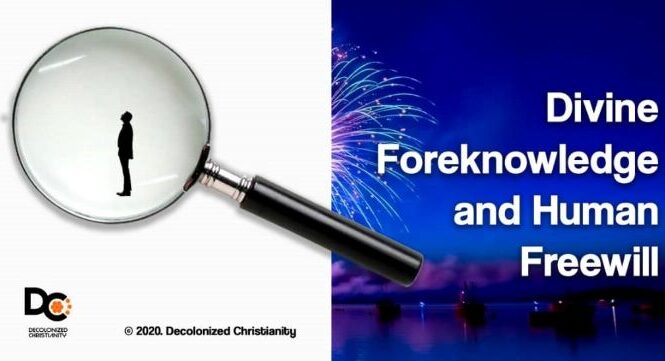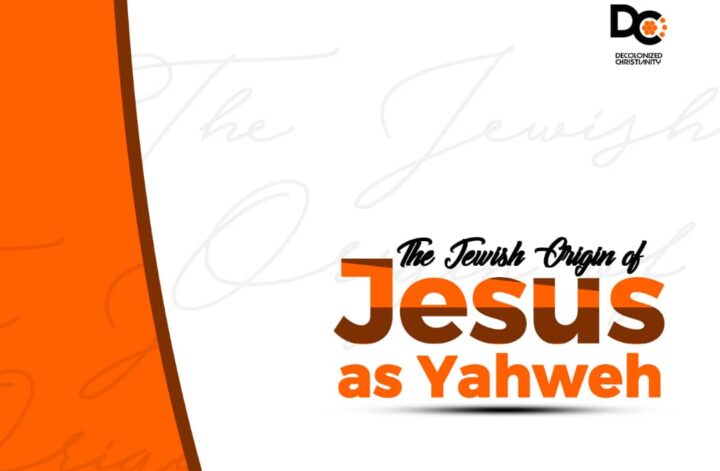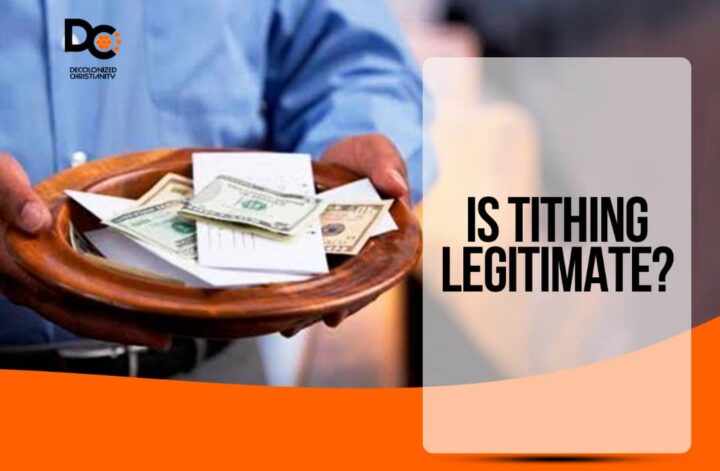In Chosen But Free, Norman Geisler writes: “A God who is before all things, beyond all things, creates all things, upholds all things, knows all things, and can do all things is also in control of all things. This complete control of all things is called the sovereignty of God” (14–15). “Divine sovereignty” is thus a convenient summary of all the attributes of God. This is unproblematic until one probes further: what exactly does God’s “complete control of all things” mean? Is this analogous to a cosmic chessboard, with God as the only real player and where God uses other beings as mere pawns? What would be the goal of the game? This àgbàya view of God and divine sovereignty is what I deny.
My view of God’s sovereignty is grounded in creation. God creates all things, including humans and their wills. Being the maker, therefore, God knows the anatomy and physiology of human wills. But this knowledge does not overly constrain the functionality of the will to the point of overriding it. I am persuaded that God has allowed for free human actions within his sovereignty. Put another way, the reality of God’s sovereignty is not incompatible with human free acts. Hence, he is not ever surprised by any developments in human affairs. When necessary, God may step into human affairs to introduce corrections, but even these corrections respect human will. It is in this sense that God is in control of everything. By “divine sovereignty” then, I do not mean divine activities that infallibly cause people to do things in some pre-determined way. God knows the outcome of all things and what people will do. But the reason he knows these things is not because he has ensured beforehand what people must do. I shall have more to say on this matter shortly.
Divine Omniscience and Foreknowledge
An omniscient being must know everything. He must not only know all things in general but also in particular. Hence, he must know what an individual’s future (and present and past) is. Furthermore, he must correctly know what this future is – “correct” or “true” is an inherent feature of “knowing.” Here then lies the notion of destiny. There is a definite future for you and me that is known to God. All this is good and unproblematic. Somehow, however, some people believe that there is sufficient biblical warrant to conclude that the futures that God knows concerning every individual are also ones that he fixed or fated. Philosophically, some think the way to guarantee the futures that God knows is for him to oversee the happening of events. How does God guarantee that, say, Judas will betray Jesus? By setting determinism in motion, they claim. Leaving aside, for now, the pulsating circularity in the reasoning, I do not think the Bible supports this conclusion.
Instances of divine foreknowledge often come packaged in prophecies. For instance, when God announced in advance to Rebekah that the older of (the posterities of) her twins shall serve the younger, or to Abraham that foreigners shall enslave his descendants for 400 years, he was exercising divine foreknowledge. The question at this point that we want to consider is whether in announcing these events, God was also announcing that he would cause them into being. Some Christians think so. They argue that causation is inherent to prophecies otherwise the prophesied events may not happen. If this is true, it would mean, for example, that God caused the Egyptians to enslave the Hebrews only to turn around after 400 years – we may ask what took him so long! – to punish the Egyptians for doing what they could not help doing. I do not think such a view is compatible with the notion of a just God. At the heart of the problem is a question of whether libertarian human free will can coexist with divine foreknowledge. Are humans genuinely free to do whatever they please (with no overriding external or divine influence) while maintaining the reality of divine foreknowledge? I am persuaded in the affirmative.
Two kinds of Freewill
The subject of freewill is an immensely dense area of study that we cannot exhaust nor need to exhaust for our purposes here. Freewill is closely related to freedom. There obviously is a limit to each person’s freedom. Our freedom is restricted by various things including the laws of physics and the existence of other free beings. For instance, I am free—in the sense that nothing is stopping me—to (attempt to) fly like a bird, but I cannot because I am not equipped to do so; hence, I must settle for travels on airplanes. There is a slightly different sense in which my freedom is also restricted, if I must preserve it. We might call this a rationality restriction. I am free to jump off a cliff – being fully capable to do so. However, so doing will effectively terminate my freedom. Similarly, the existence of other free beings restricts my freedom. For example, I am free to drive on the other side of the road. But once more, it is not freedom-preserving to do so. Hence, even though I am free to drive on the wrong side of the road, I will choose not to do that. In a similar vein, philosophers have distilled ways in which human wills are contingent on physiochemical laws. For most of us, for instance, the strength of our wills seems to be positively correlated with how filled our bellies are. Fortunately, we will not have to concern ourselves with these details. In this essay, by free will, I shall mean the denial of fatalism. More exactly, I shall mean: concerning future choices, the freedom to choose any of many options with no (overpowering) external or divine influence; and having chosen, the freedom to know that one could have chosen other than one in fact did.
Work Cited
Geisler, Norman. Chosen But Free: A Balanced View of Divine Election. Second Edition. Bethany House, 2001.



